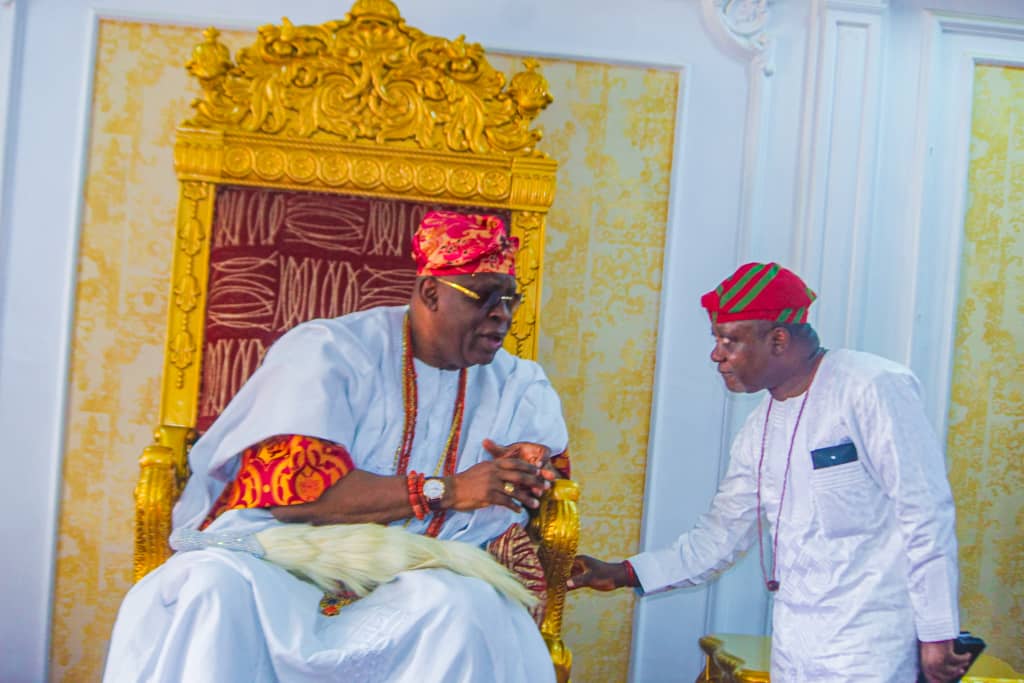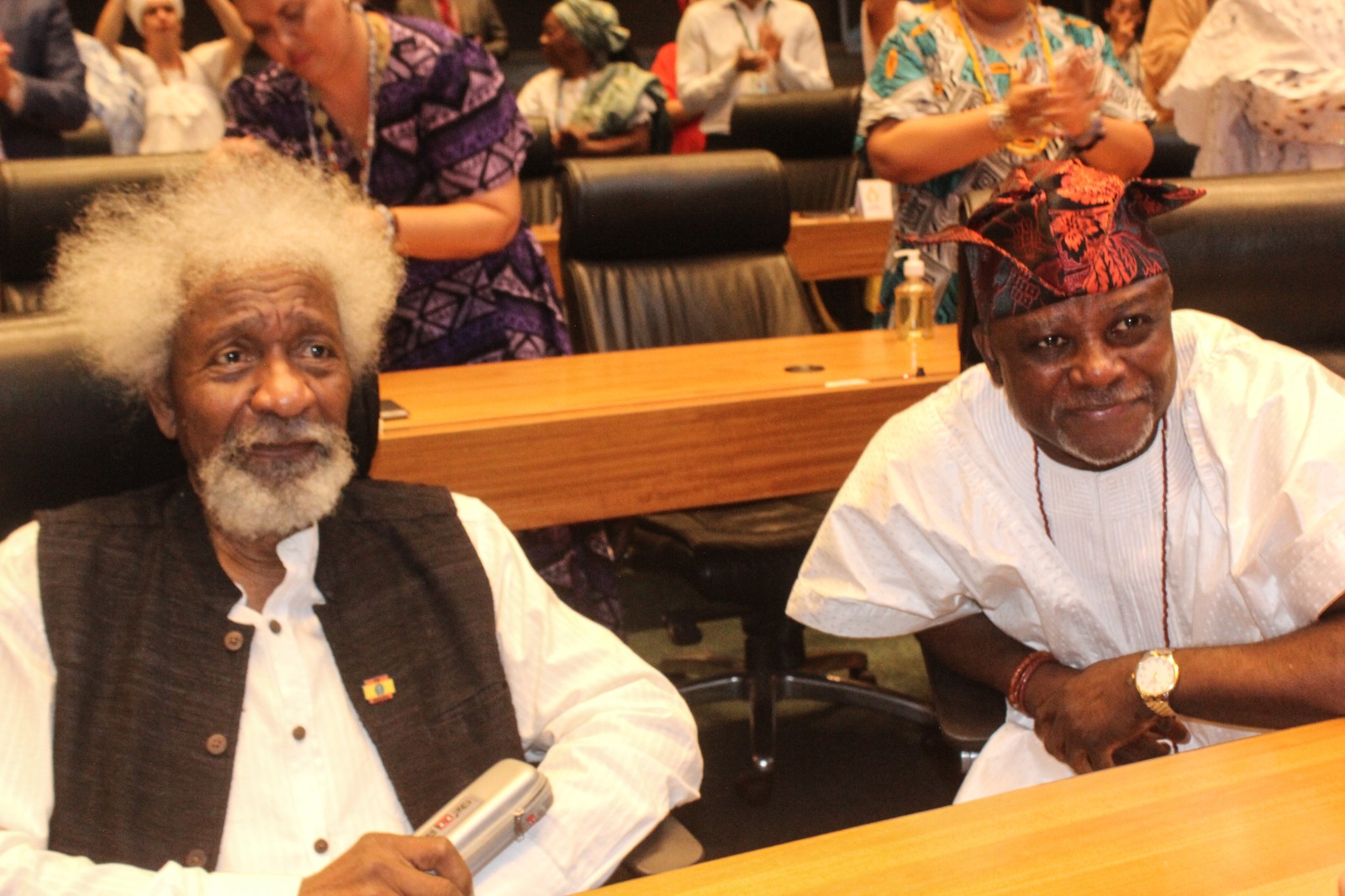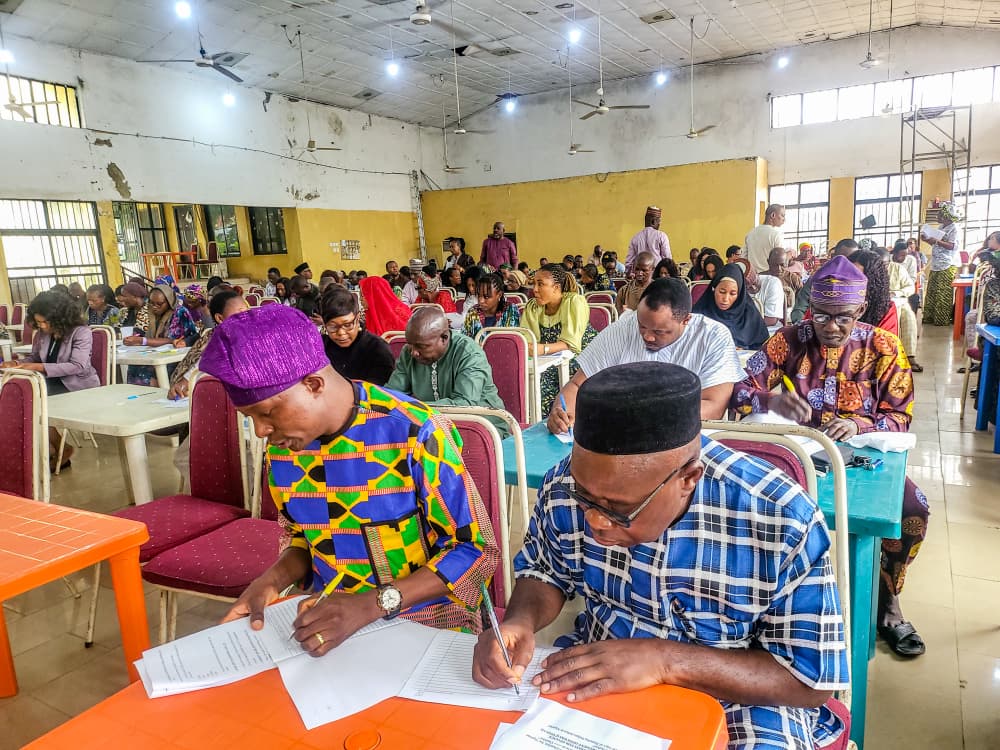 Policy-makers in the education and culture sectors have been advised not to ignore the importance of Language and the Arts in changing the mind-set of the people, because indigenous language and indigenous knowledge are major driving forces in any society aspiring to achieve greatness.
Policy-makers in the education and culture sectors have been advised not to ignore the importance of Language and the Arts in changing the mind-set of the people, because indigenous language and indigenous knowledge are major driving forces in any society aspiring to achieve greatness.
The Executive Secretary, National Institute for Cultural Orientation (NICO), Dr. Barclays Foubiri Ayakoroma, gave the advice in a keynote paper, titled, “Mainstreaming Language and the Arts in the Nigerian Educational System: The Importance of Being Relevant,” at the 2012 School of Arts Conference, Alvan Ikoku Federal College of Education (AIFCE), Owerri, Imo State.
Dr. Ayakoroma said that indigenous knowledge was very pertinent as the different local languages, cultural values, norms, customs, and the diverse cultural heritages, are transmitted from one generation to another by means of the local languages.
The ES disclosed that this informed NICO’s initiationn of the Nigerian Indigenous Language Programme (NILP) in 2007 in the Lagos Office, starting with three languages, namely, Hausa, Igbo and Yoruba, which is today also being implemented at the Abuja headquarters and the six zonal offices, with the number of languages taught increasing to thirteen, namely, Hausa, Igbo, Yoruba, Izon, Efik, Tiv, Fulfulde, Nupe, Urhobo, Gbagyi, Batonu, Bwatye, and Chamba.
Explaining that NILP is a unifying and integrating factor in national integration, Ayakoroma said: “Once children identify with their Mother Tongue, at an early age, they will grow up speaking it with pride. This is what will make Nigerians distinct because the school system will contribute towards actualizing the vision. While the Federal Ministry of Education takes care of curriculum development, funding, and focus of implementation, parents need to entrench the speaking of indigenous languages, as well as encouraging children to appreciate the arts right from the home, to achieve good results. It can only be a reality, not ordinary mention in policy documents, if there is political will on the part of government, and patriotic zeal, on the part of the citizens, toward safeguarding the indigenous language and the arts through their reinvigorated use and appreciation.”
Continuing, the ES called on government to find ways of endearing Nigeria to the world community by proving that it can push the World civilization forward through discovering the hidden formula for using her languages, not foreign ones, as tools for national development, because countries like China, Japan, United Arab Emirates, South Korea, and even India, have turned to culture for national development.
He concluded that language and the arts, as aspects of our cultural heritage, have the prospects of changing our development strategies and that government needs the political will to mainstream them for sustainable national development.
The event, which took place at the College Auditorium, was attended by many dignitaries, including the Provost, Dr. (Mrs.) Blessing Chima Ijioma, Professor Inno Uzoma Nwadike (UNN), Professor Inyang Udofot (UniUyo), Dr. (Mrs.) P. A. Nwamuo (chairman of the occasion), Dean, School of Arts, ABC Duruaku, Dean of General Studies, Mike Ajileye, former Speaker, Imo State House of Assembly, Rt. Hon. Chuma Nnaji, SA to ES-NICO, Mr. Nelson Campbell, and Zonal Coordinator, NICO South-East, Mrs. Chioma Duru, among others.
Nwagbo Nnenyelike
Corporate Affairs


